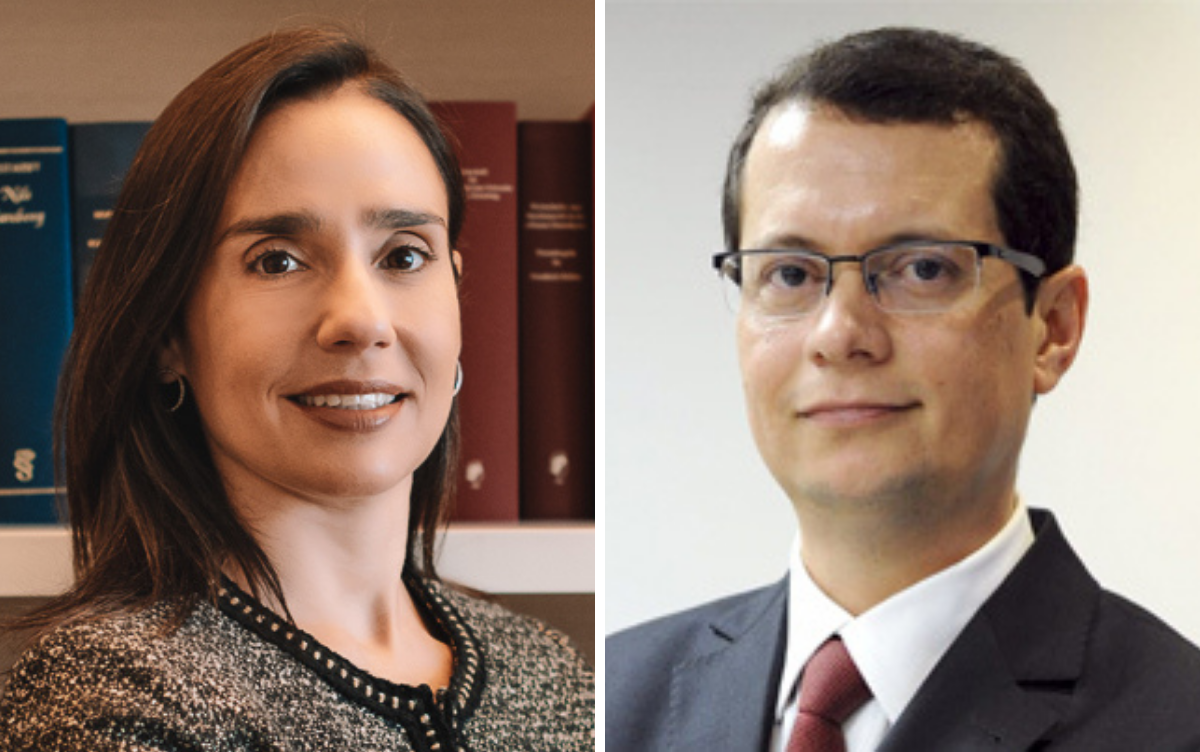By Fernanda Tórtima and Wladimyr Camargos
Not every morally reprehensible act has been censored by the legislator. Not everything can be a reason for applying a penalty. This is a basic premise of a democratic state of law. It is also the central point in the case where Rogério Caboclo, president of the Brazilian Football Confederation (CBF), was accused of harassing a former employee.
Caboclo was removed from office without being heard and is subject to punishments that are not foreseen in the organization’s regulations. As his lawyers, we are fighting to ensure that he has the right to defend himself, in accordance with the Constitution.
Therefore, just as we advocate for the proper protection of victims of any type of harassment, including through regular investigation and legal prosecution, we know that a person can only be considered guilty if, at the end of a process that complies with the laws and the Constitution of the Republic, it is proven that the facts occurred and are criminal, as well as that the defendant actually committed the offense.
Even though it can be said that inappropriate conversations and distasteful jokes took place, the presented dialogues lack the essential elements to characterize harassment, as demonstrated by the evidence, reports, and opinions we submitted in the case.
Nevertheless, and without considering our client’s basic rights, the CBF Ethics Committee, armed with information gathered from the press, illegally decided to remove Rogério Caboclo from the presidency of the entity. This is typical of exceptional courts, which impose penalties without due process.
This committee, in a clearly authoritarian posture and with preconceived judgments, usurped the powers of the General Assembly of the entity, which elected Caboclo with a broad majority of votes for the current presidential term, removing him without having the statutory prerogatives to do so. They simply invented the concept of “temporary removal” within their functions. Worse, they justified their actions by claiming that their own jurisprudence gave them security to proceed in this manner.
However, the processes in which they seek the supposed precedents are confidential. In other words, they created secret jurisprudence to justify the unjustifiable.
Not satisfied, they called upon those working in the body as investigators to also participate, as if they were judges, in his “premature conviction.”
Irregularities continue to be practiced in the conduct of the process. Witnesses are being summoned who, in fact, are interested parties in the continuation of the removal.
Moreover, the members of the Ethics Committee receive salaries paid by the CBF itself and do not have job stability, as they can be dismissed by the interim management of the entity.
Therefore, in addition to the spread of the undesirable and undemocratic “cancel culture” in society, constitutional guarantees are now also being canceled in the exceptional trial to which Rogério Caboclo is being subjected.
Finally, we still regret the daily attempts—always futile—to intimidate the lawyers defending Caboclo. It is always worth repeating the phrase by Sobral Pinto: “The legal profession is not for cowards.”
Published on Folha de S.Paulo.

